COVID-19: What needs to happen before a pandemic is declared over?
TORONTO —
When will the COVID-19 pandemic be declared over?
Of all the questions surrounding the unprecedented spread of the novel coronavirus, this one remains the most pervasive—and, unfortunately, the hardest to answer.
With more than 70,000 cases and 5,000 deaths in Canada alone, the threat of COVID-19 remains quite real. Yet, as some provinces begin to ease restrictions and prepare for some semblance of normalcy, the complexity of the question grows.
How will the loosening of these restrictions affect infection rates and community transmission and how will the virus change as more people are exposed, are just two of the unknowns facing public health officials.
HOW IS A PANDEMIC DECLARED?
Understanding how a pandemic might end begins with understanding how it’s declared in the first place.
The World Health Organization (WHO) declared the COVID-19 outbreak a pandemic on March 11. But the move was largely superficial, indicating that the disease is not containable within a specific region or regions.
The highest declaration level in an infectious disease outbreak is called a “public health emergency of international concern (PHEIC),” which the WHO declared on Jan. 30. In order to make that declaration, the WHO emergency committee considers four key questions:
- is the public health impact of the event serious;
- is this an unusual or unexpected event;
- is there risk for international spread;
- and is there a significant risk for international travel or trade risk?
In a statement to CTVNews.ca, a WHO spokesperson said the emergency committee convenes regularly to advise the WHO if the outbreak still constitutes the PHEIC.
During the 2009 H1N1 swine flu outbreak, the most recent pandemic in history, the health authority released a “pandemic phases” framework outlining the characteristics of the outbreak, including signs of the “post-pandemic” phase. However, the WHO says this phasing system is no longer in use.
“For resolution of this, those four major questions should be resolved,” Dr. Kieran Moore, medical officer of health at KFL&A Public Health in Kingston, Ont., told CTVNews.ca by phone Tuesday.
“We’re not there yet. There are still a lot of unknowns.”
‘AS LONG AS THERE IS COMMUNITY TRANSFER, THE REALITIES CONTINUE’
Beyond the official declaration of pandemic status, experts say the true end of the pandemic will come with a significant decrease in transmissions or the development of an effective vaccine.
“The pandemic will be considered ‘ended’ when there are only occasional traces of localized cases that are quickly contained in specific locations,” Tom Koch, professor with the University of British Columbia’s Department of Geography, told CTVNews.ca by phone Tuesday.
“These very localized outbreaks will be quickly contact traced and treated with both clinical care and contact-tracing to assure spread is limited.”
But, as Koch notes, as long as there is community transmission the current reality remains.
From a Canadian perspective, isolated outbreaks in cities and provinces will make it more difficult to declare the pandemic over nationally. For example, Vancouver might find itself relatively free from spread earlier than Montreal, the epicentre of the Canadian outbreak.
“In a city like Vancouver, if gradual easing works without a significant increase in cases the local outbreaks will be called ‘controlled,’” explained Koch.
“But the provincial epidemic will not be ended until one can show all communities are visited only by very isolated cases that can be understood and treated without further transfer.”
WHAT NEEDS TO HAPPEN NEXT?
Historically pandemics have seen their end both medically—via herd immunity or immunizations—and socially, when populations declare the pandemic over themselves by forgoing restrictions.
But experts say it’s still too early to predict how quickly either scenario may play out.
Although the rate of infection may seem high, Moore warns that only a small percentage of the population has actually been exposed to the virus.
In other words, we have a long road ahead before achieving the herd immunity experts say will provide some respite from the spread of the disease. And as restrictions are loosened, community transmissions will continue.
“We’ve always described this not as a sprint, but a marathon,” he said.
“We will probably go through our first wave, second waves, third waves and fourth waves. And we will have to learn from them each time on how we can improve and protect our population until we get a treatment, an immunization, or population immunity.”
While there are several clinical trials underway for potential COVID-19 vaccinations, Moore notes that we are still a long way from deploying an effective vaccine and one that will stand the test of time as the virus changes.
When it comes to the societal role of the pandemic, Moore notes that while it’s important we take measures to slowly open the economy, we’re nowhere near to “business as usual” quite yet.
“What we’re trying to figure out is what the acceptable new normal for our society will be,” he said, noting that Canadians should expect to maintain physical distance and remain vigilant about best practices such as hand washing and mask wearing for the foreseeable future.
“We really have to do this in a slow and measured way.”

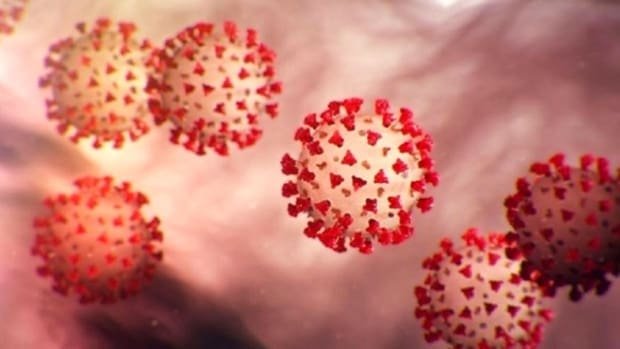
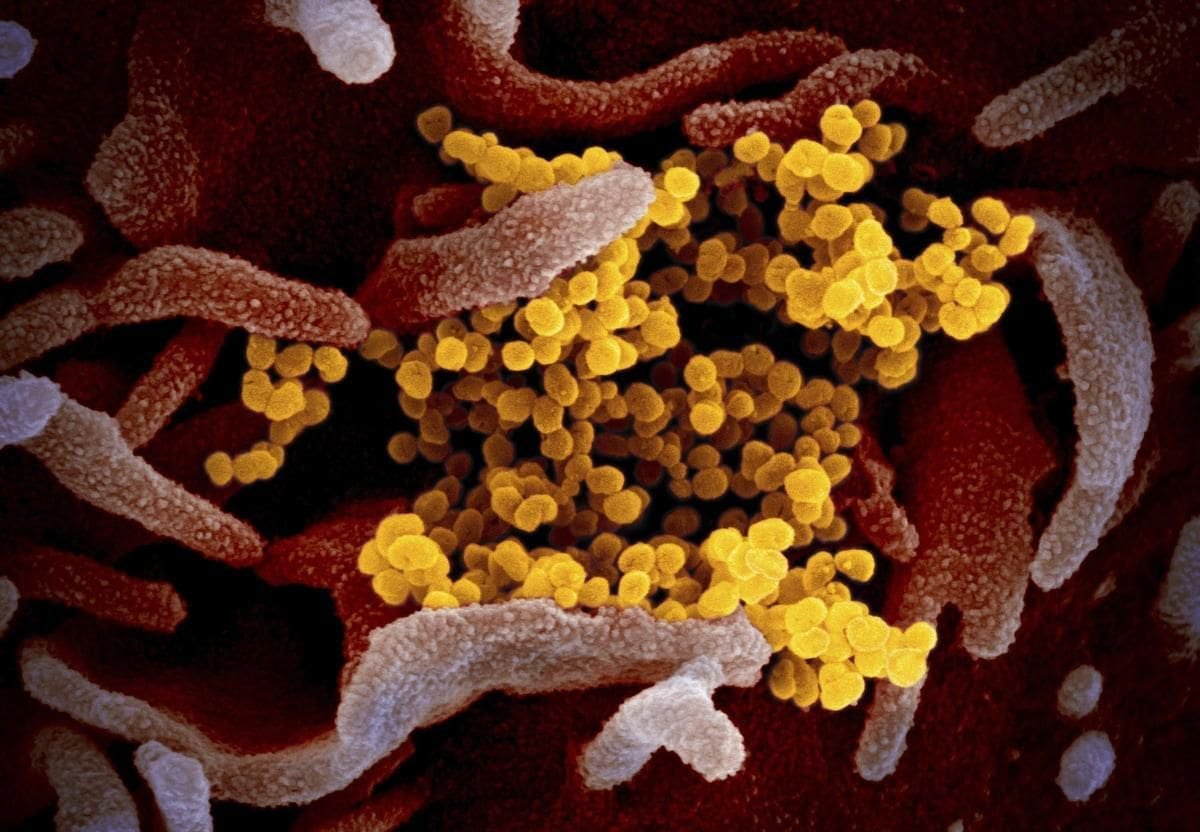
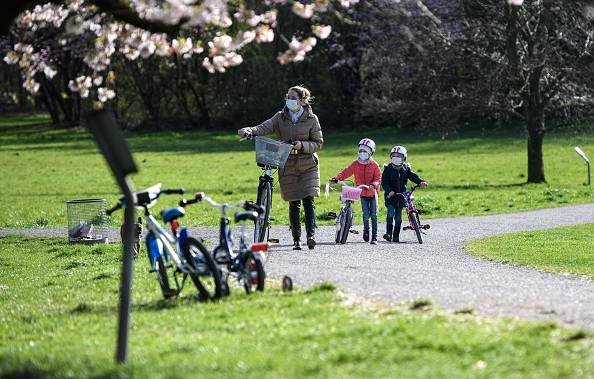

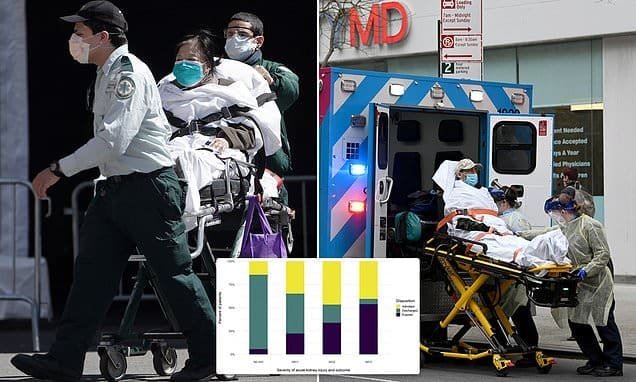
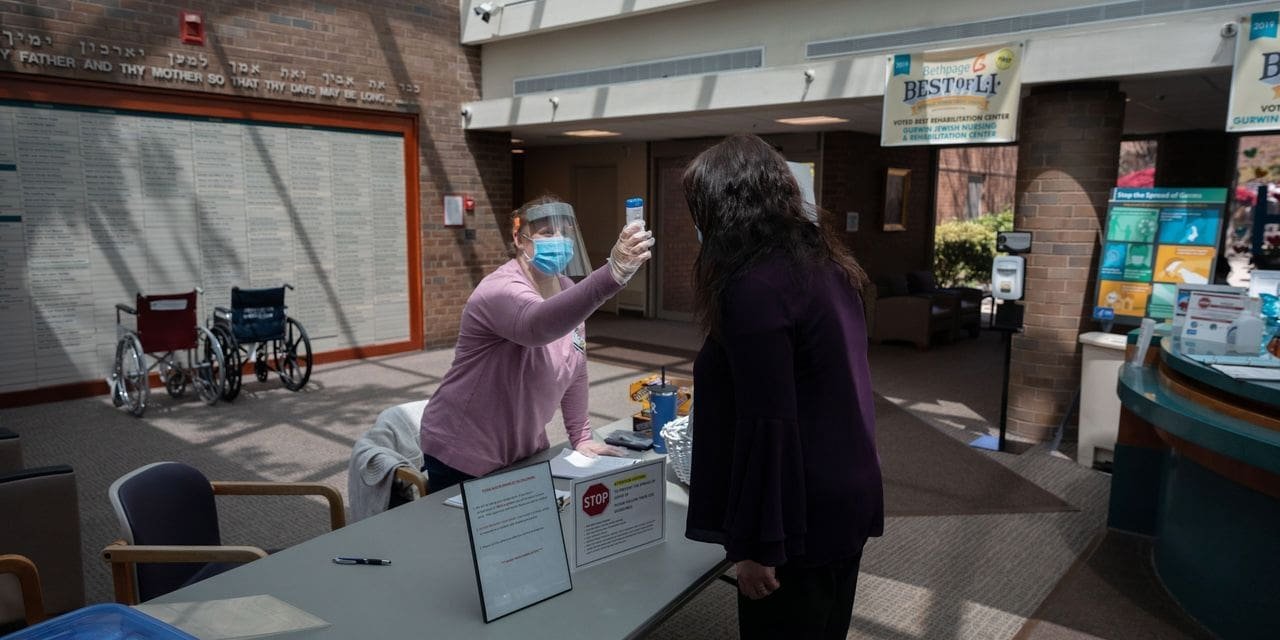
Recent Comments